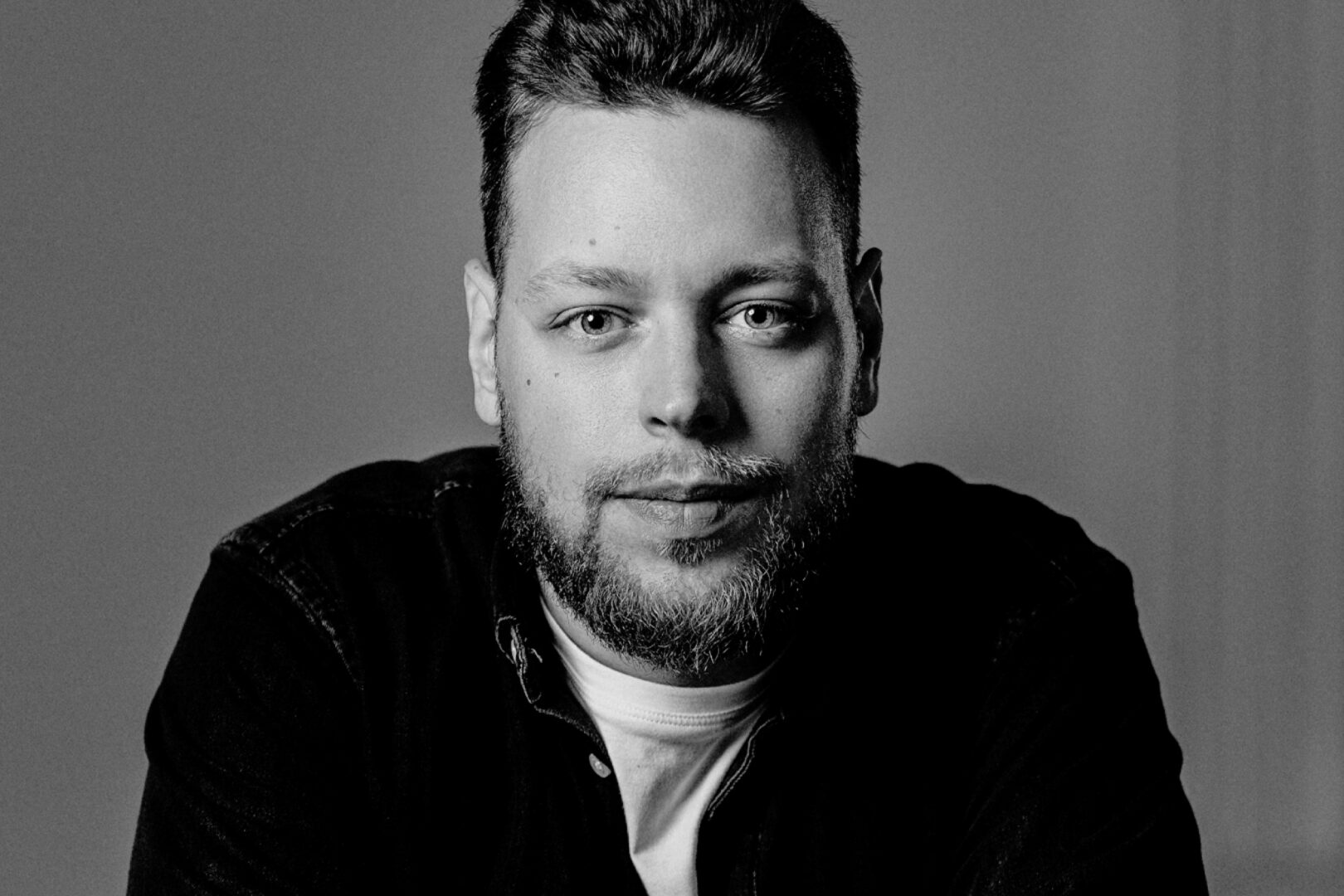

Kasparas Aleknavičius, MD, is a health futurist and the Head of Medical Affairs in Kilo Health. Under his leadership, we have explored multiple ways to use the latest technology and health data to improve the lives of millions.
In today’s interview, we discussed how to bridge the gap between healthcare and technology. So, what kind of innovation can we expect from digital therapeutics (DTx), mobile health (mHealth), and telemedicine in the near future?
In the broadest view – not much has changed. Patients and healthcare providers are slow adopters. But the end-user count is ever-growing. Partnerships between startups and other stakeholders already show results, and the investments are pouring into this industry.
All in all, there is a lot more to learn. More countries are showing interest in adopting country-wise reimbursement strategies for digital therapeutics.
More patients are raising the bar by demanding convenience, accessibility, speed, and quality. Eventually, they will be the ones driving this whole market forward.
The most apparent but fundamentally challenging issues are employee shortage and burnout. The medical staff is overworked.
There are also a lot of accessibility, scalability, and price problems, especially in the US.
Overlooking education is a crucial issue we need to solve. Many policymakers don’t emphasize the patients’ responsibility for their health.
Everyone wants a quick fix. But when the only feasible option is offered, a massive part of the population tends to refuse. Just think of vaccines. In such cases, we need an intervention. Undergoing an educational course on what happens in both scenarios might help make a science-based decision.
Digital therapeutics and other solutions are trying to integrate themselves into healthcare – both technically and practically. To claim their value proposition for various stakeholders and the end-user, they have to break many obstacles along the way.
Regulatory, compliance, research, and distribution issues are holding us back. All those issues are on top of the typical product, operational, and funding challenges.
Today, digital health startups try to know their audience and please all stakeholders. The problem is that there are only the old ways to get to know the audience, which does not necessarily work for DTx, mHealth, and telehealth.
I believe that the only way to correct this is for newcomers to attempt and forge fresh ways to satisfy the audience.
We haven’t yet seen a disruptor that could be a threat to the current healthcare services model. I believe newcomers shouldn’t build their narrative on the same broken foundation. They should try to leave some middlemen behind or, on the opposite side – start building new workflows for the doctors when they see that the old ones do not yield desired results.
Several issues slow down the collaboration between the stakeholders in the medical field.
There is a constant conflict between insurance companies and providers in the US.
Their incentives are directly opposite. Insurance companies earn money when people are healthy and have fewer visits. Providers make money from more visits and health checks. The CPT codes for RPM and telehealth solve this problem partially.
Most stakeholders are doing a great job accessing these technologies and keeping the quality bar pretty high. On the other hand, tech companies need to communicate more clearly, because skepticism is also high among the stakeholders.
It’s hard to talk about these technologies all at once. They are currently used in different contexts, despite being closely connected in the imaginable future.
Blockchain is in its infancy, and it’s a Wild West out there. It’s exactly as the internet was back in the 2000s – with all the good and the bad things. I could see blockchain-based crowdsourcing of data to be used in decentralized clinical trials or for setting up our digital twins – the representations of us online.
Artificial intelligence (AI) is used to interact with the end-user and for clinical decision support. These use cases will only grow more significant. I see them as a core part of digital health.
I hope to see augmented reality (AR) assisting in surgical procedures and supplementing the POV of a surgeon. This is already happening, but slowly.
In the future, any innovation, invention, or technology that would use seamless health data collection will be the winner.

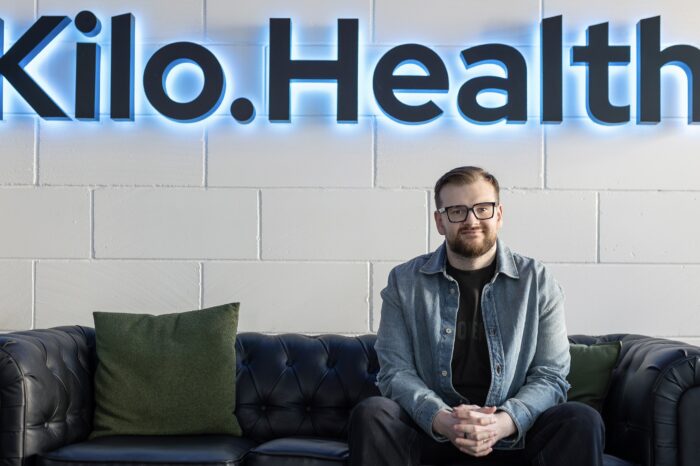
Kilo Health concluded 2024 on a strong note, achieving stable revenues and growth, alongside a team of 450 employees. In 2024, the company’s consolidated revenue remained steady at €234 million, the same as in 2023. Despite external market challenges, Kilo…
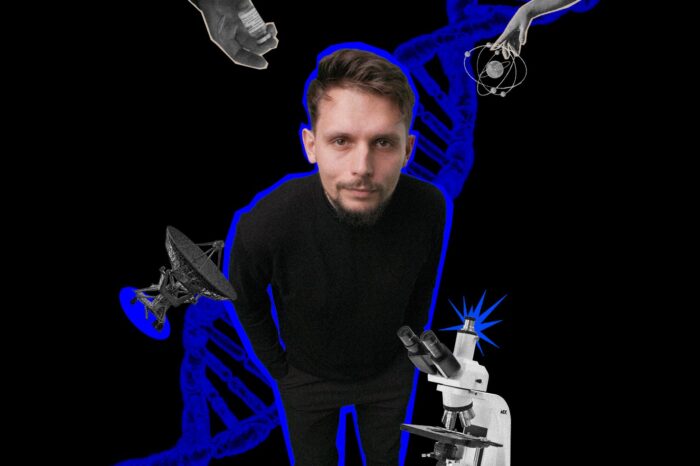
Ask, research, support. These three words sum up my role — or maybe just the nerd face emoji. Currently, I am working as a Scientific Research Lead at Kilo Health. But before that, I’ve always been on a similar path,…

As we’re entering an exciting new chapter of business growth and leadership, it’s the perfect time to catch up on the latest changes in our team and where we’re headed next. Dive in and get to know our new CEO…

I’m Matas, and when asked, I refer to myself as an intern — always learning. However, research, strategy, business development, and idea generation are the cornerstones of my work. I want to pull back the curtain and give you an…
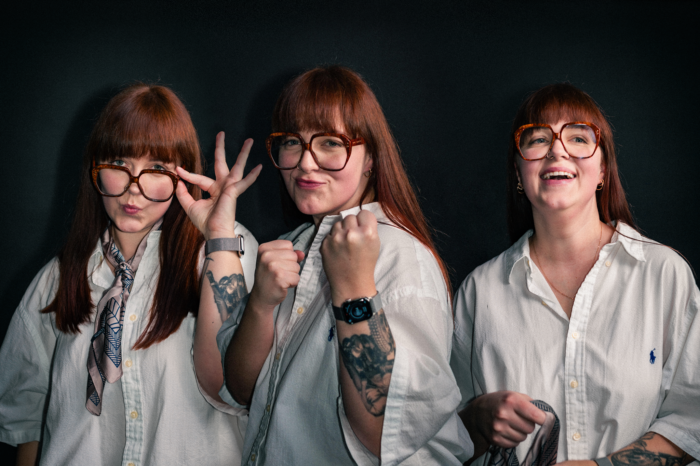
I’m Deimante, currently Head of Marketing at Kilo Health, and a big lover of this company. My journey to being hired at Kilo has been quite the ride. How it all started? I underwent interviews with 11 different people and…

Ever dreamt of taking the lead, even if the path isn’t crystal clear? Or to have someone believe in you and offer you a chance to figure out whether you would thrive in a startup environment? Speaking of which, Kilo…
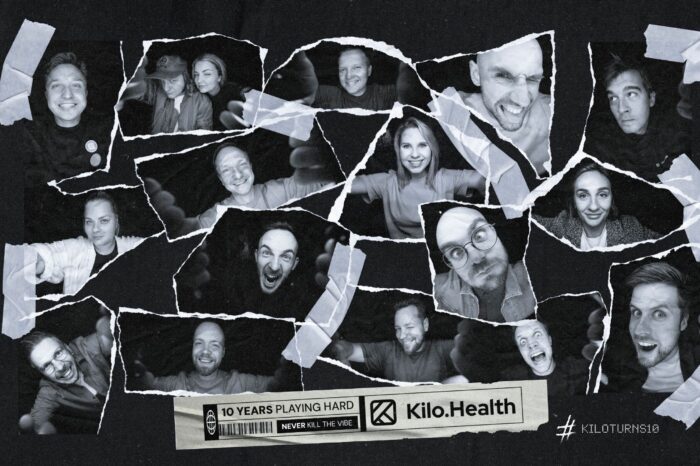
A whole decade has raced by in the blink of an eye for us at Kilo Health, and what better way to celebrate than to reflect on the milestones and lessons over the years? Do you know where we started?…
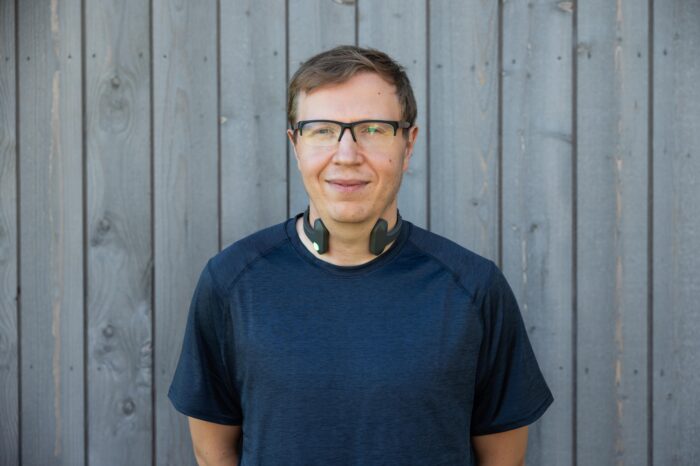
We, the co-founders, are just ordinary individuals with grand ambitions. There are times when we work twice as long and intensely as others, yet we’re equipped with the same amount of daytime, energy, and capacity. However, as leaders in the…
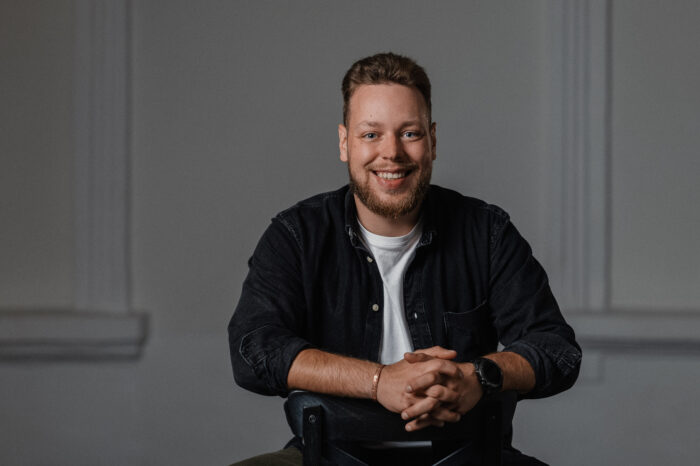
There’s no enchanting tale behind how I became a part of Kilo Health. In truth, some of us regular folks simply have regular journeys, and that’s perfectly fine. What counts is that today, I hold a successful product in my…

Reflecting on your achievements from the previous year is advantageous. That’s exactly what we did, proudly demonstrating our boundless aspirations through an impressive 84% growth and 213 million euros. So let’s put our hands in the air and celebrate together,…

I joined Kilo Health back in 2019, and I can prove that when people’s values and mindsets align, great things can be accomplished, even if you don’t have a plan. BoomeranGO!, the first and only product for children provided by…
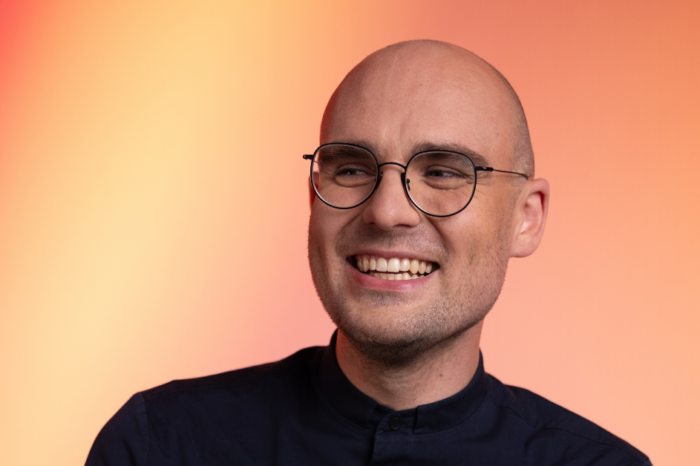
Lighting, sound, set, and actors are essential components of a film studio, but they are not the sole factors that define its success. Consistent creativity, appreciation of talent, and adaptability to market trends are a few of the things that…
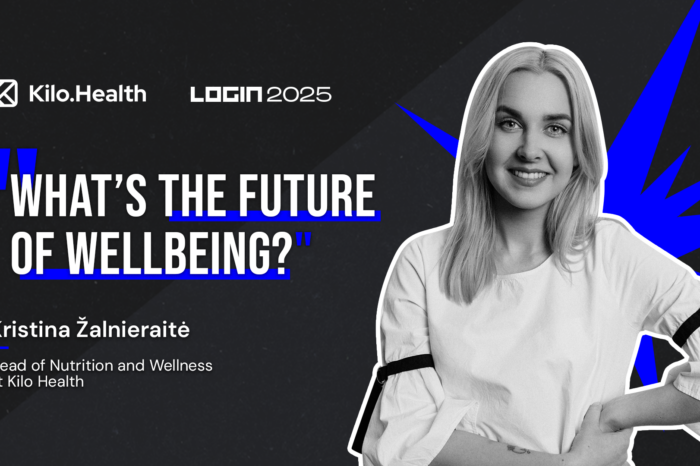
Imagine a world where technology creates a tailor-made meal plan and recommendations after analyzing different data about you. This is not science fiction but a reality that is fast approaching. Traditional plans drawn up by nutritionists are already being replaced…

Hey, I’m glad you’re here — I’m Viktorija Jokantaite-Kutke, the CEO of the Weight Management Accelerator at Kilo Health. One thing about me is that I don’t do boredom. I am always moving, always building. Try to keep up! When…